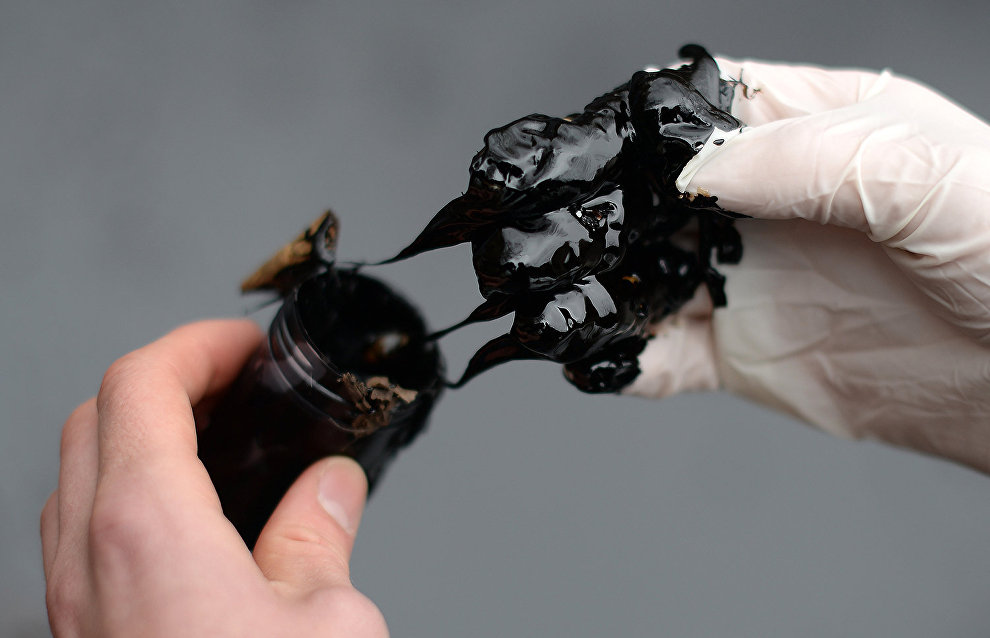Russia changes oil spill response rules
The Government of the Russian Federation has approved draft amendments to the Law On Environmental Protection aimed at preventing and eliminating the spills of oil and oil products on land in Russia.
In particular, the new legislation requires that all projects involving the production, refining, transportation, storage or sale of oil and oil products on the territory of the Russian Federation should include plans for the prevention and elimination of oil and oil product spills and any other negative environmental impacts. The operator of the project is also obliged to have financial reserves to back the prevention and elimination of oil and oil product spills, including full compensation for harm caused to the environment, including to life, health and property of citizens and legal entities, before the start of the operation of oil and gas facilities.
In the event of oil and oil product spills, the operator company is obliged to notify the federal and regional executive authorities about the oil or oil product spill, to ensure that the organization and progress of containment and relief efforts for the oil and oil product spills in accordance with the approved plan using its own emergency and rescue services, and once this is done, to rehabilitate the contaminated soil, vegetation, and water bodies in the manner prescribed by law.
The Russian Government has been vested with the authority to establish regulations for the prevention and response of oil spills in water bodies and surrounding lands, and to determine the criteria companies will need to meet, given that they had a response plan in place, to obtain permission for the operation of their facilities.
In 2012, Russia introduced a law on the prevention and elimination of oil spills on the continental shelf, in inland seas, in the territorial waters and the adjacent zone. A respective government resolution of November 14, 2014 stipulates the procedure for approving the plan under this law. However, until now, no legislation contained regulations for oil spills on land.
Furthermore, the Ministry of Natural Resources of Russia has developed a number of bills establishing new requirements for entities engaged in the sale of oil and oil products and strengthening accountability for violation of such requirements. They are also working on changes to the methodology for estimating the amount of harm caused to water bodies to apply a multiplying coefficient in cases of harm done to the Arctic zone.
"Every effort must be made so that situations like the one that happened in Norilsk never ever take place again," the ministry emphasized.
On May 29, more than 21,000 cubic meters of petroleum products spilled at TPP-3 power plant operated by Norilsk-Taimyr Energy Company after the concrete foundation of a fuel storage tank sank causing it to collapse. The spill contaminated 180,000 square meters of soil as well as water bodies, leading to major pollution and environmental damage.
Following this, in early June, Russian President Vladimir Putin instructed the Government to amend the environmental legislation to harmonize regulation in preventing and eliminating oil and oil products spills.
